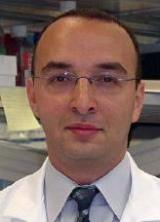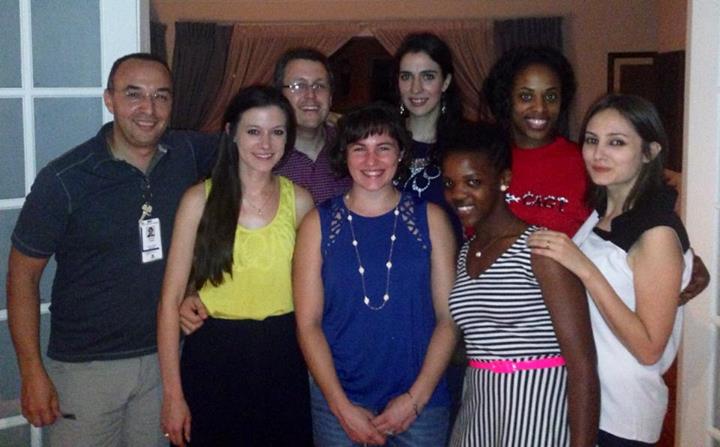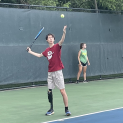Multispecific T Cells for Adoptive Immunotherapy of Pediatric High Grade Glioma (HGG)

Background
Gliomas (HGG) constitute approximately 20% of all childhood brain tumors and are virtually incurable. The standard-of-care is maximum possible resection, radiation therapy and sometimes chemotherapy; a combination that is both toxic and largely ineffective. It is therefore desirable to develop novel tumor-targeted therapies that could improve these disappointing outcomes.
Immune system based therapies have the potential to fulfill this dire need. Previously, our preclinical work demonstrated that it is both safe and effective to target one glioma protein (antigen) and induce impressive tumor regression in approximately 50% of experimental animals using immune cells (T cells) that recognize this target.
Project Goal
 We discovered that tumor cells eliminate the target molecule that is engaged by T cells and thus become immune invisible, a phenomenon termed "Antigen Escape." Fortunately, these escaping tumor cells maintained expression of other glioma antigens. We thus here propose to generate T-cells from HGG patients and render them specific for multiple tumor antigens that are expressed in HGG tumor cell surface but on normal brain tissue. This will likely result in offsetting of "Antigen Escape."
We discovered that tumor cells eliminate the target molecule that is engaged by T cells and thus become immune invisible, a phenomenon termed "Antigen Escape." Fortunately, these escaping tumor cells maintained expression of other glioma antigens. We thus here propose to generate T-cells from HGG patients and render them specific for multiple tumor antigens that are expressed in HGG tumor cell surface but on normal brain tissue. This will likely result in offsetting of "Antigen Escape."
This proposal builds on the successful preclinical studies done at our institution that are now translated into an FDA- and IRB-approved clinical trial (http://clinicaltrials.gov/ct2/show/NCT01109095). Knowledge gained from the current proposal will be used to justify and develop a clinical trial to treat patients with HGG. Furthermore, the obtained information could well have applicability for immunotherapy to other brain tumors and could conceptually impact other cancers outside the central nervous system.
Update 7/2014
Background
Our laboratory genetically engineers the patient’s immune cells, called T cells, to efficiently identify and kill cancer cells. Engineered T cells can specifically target tumors while avoiding injury to normal tissues. High grade glioma represents the most malignant form of brain tumors in children. High grade glioma tumor cells express a number of distinct proteins that can be used to specifically identify and kill the tumor cells. Inside each tumor though, there are many subpopulations of tumor cells so that none of these proteins alone can enable us to target the whole tumor.
Project Goal
This ALSF grant is allowing us to create engineered T cells that can simultaneously target 3 different tumor proteins that are specific for high grade glioma. Theoretically, this will enable us to target almost all tumor cells within any high grade glioma, leading to collapse of various tumor populations.
We hope that this valuable support from ALSF will lead to the development of a novel immune therapy that is universal to all children with high grade gliomas.

